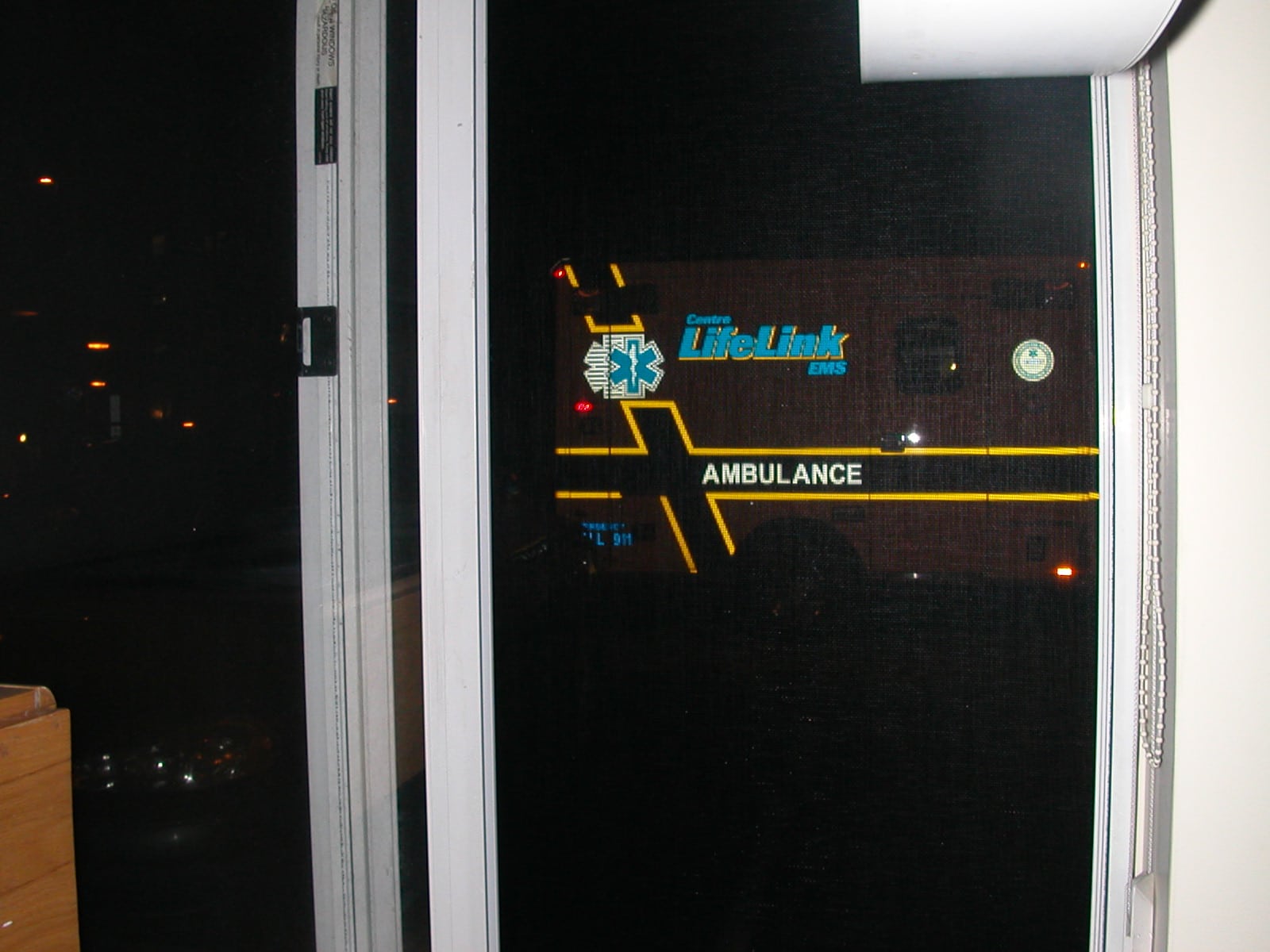Today is Sunday, February 26, 2012. I took the photograph above last week. My apartment is within an eight-story building housing 90 low-income elderly and disabled individuals, an ambulance parks outside my window at least once a week. Sometimes my neighbors and I return. Sometimes, not. The cost for Medicare, Medicaid, and other services to […]
Centre Crest
Rep. Glenn (GT) Thompson representing Penn State plus
Rep. Glenn Thompson discusses his nearly 30-year long career as a manager of rehabilitation therapists, as a rehabilitation therapist, and as a health worker, which included changing bed pans at Centre Crest, an assistive living facility near State College, PA. You can listen to this interview below. https://drive.google.com/file/d/0B6JAIMWh-_zIeFMyVUtXbjZWUkU/view?pref=2&pli=1 I interviewed the Congressman on February 6, […]
Saving Medicare billions: Trying too hard can get in the way
Memorial Note: November 13, 2011, Jack Seidner aged 93, my neighbor and friend at Addison Court, State College. PA, died while talking to his son who had called from Israel. He died at Centre Crest, an assistive care facility in Bellefonte, PA, 11 miles from Addison Court. Jack was a veteran of World War II […]
MY CHOICE TO HEAD MEDICARE a.k.a. Administrator for the Centers for Medicare and Medicaid Services
[The following is my March, 2010 column for Voices of Central Pennsylvania see http://voicesweb.org/archive/10mar/10mar-community-lifestyles.pdf (end of pdf.) or visit a newstand in Centre County.] Strangers, snow and rehabilitation From where I sit Thanks to a failure to act in January, the Obama administration has made a seriousmistake in allowing competitive bidding for durable medical equipment […]

